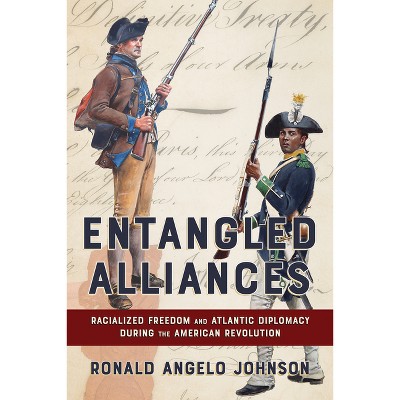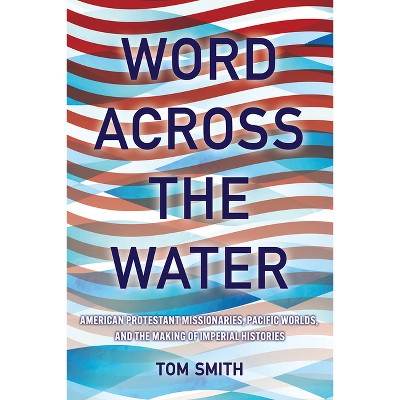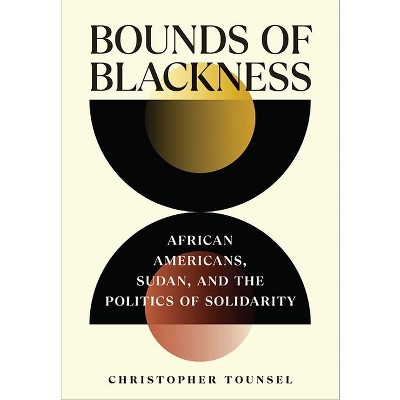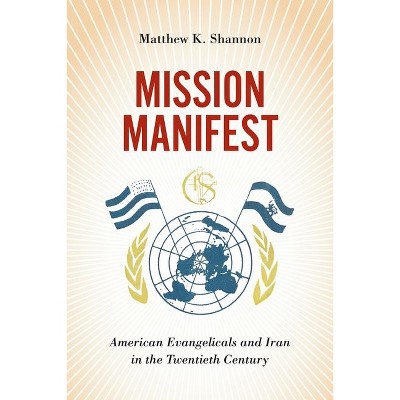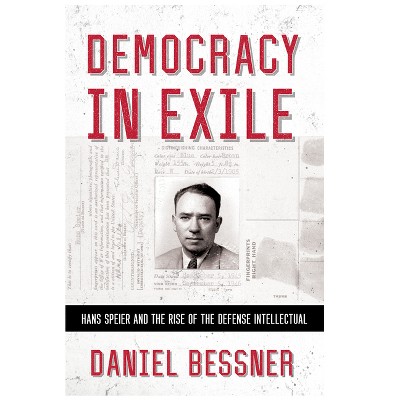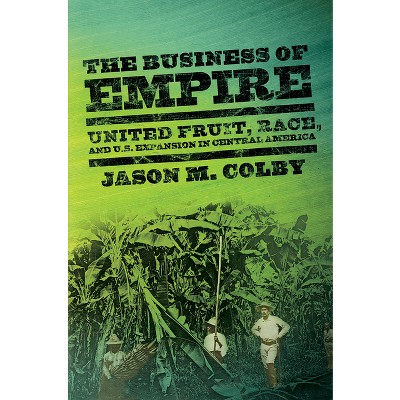Sponsored

After Barbary - (United States in the World) by Timothy Mason Roberts (Paperback)
Pre-order
Sponsored
About this item
Highlights
- After Barbary explores the connection between the United States and North Africa between the Barbary Wars of the early nineteenth century and the era of European decolonization after World War II.
- About the Author: Timothy Mason Roberts is Professor and Chair of the Department of History at Western Illinois University.
- 222 Pages
- History, Africa
- Series Name: United States in the World
Description
About the Book
"After Barbary explores the connection between the United States and North Africa between the Barbary Wars of the early nineteenth century and the era of European decolonization after World War II"-- Provided by publisher.Book Synopsis
After Barbary explores the connection between the United States and North Africa between the Barbary Wars of the early nineteenth century and the era of European decolonization after World War II. Timothy Mason Roberts offers a new approach to the study of empires, highlighting the significance of Algeria in French-American relations from France's first occupation of the country through the first years of independence of the Republic of Algeria.
As Roberts demonstrates, imperial authorities in Washington, DC; Paris; and Algiers rarely collaborated intentionally in institutional partnerships or alliances. Rather, American, French, and Algerian politicians, soldiers, writers, and revolutionaries--often acting at cross purposes and across political and cultural boundaries--sought power by imagining and constructing Algeria as a fissured, dynamic, transimperial space. Focusing on issues of settler colonialism, irregular warfare, racialized citizenship, territorial incorporation, and pan-African identity, After Barbary shows how French Algeria helped make the American and French empires.
About the Author
Timothy Mason Roberts is Professor and Chair of the Department of History at Western Illinois University. The Wall Street Journal, the Grateful American Foundation, and the Society for Historians of the Early American Republic have recognized his work for excellence.
Shipping details
Return details
Trending Non-Fiction






